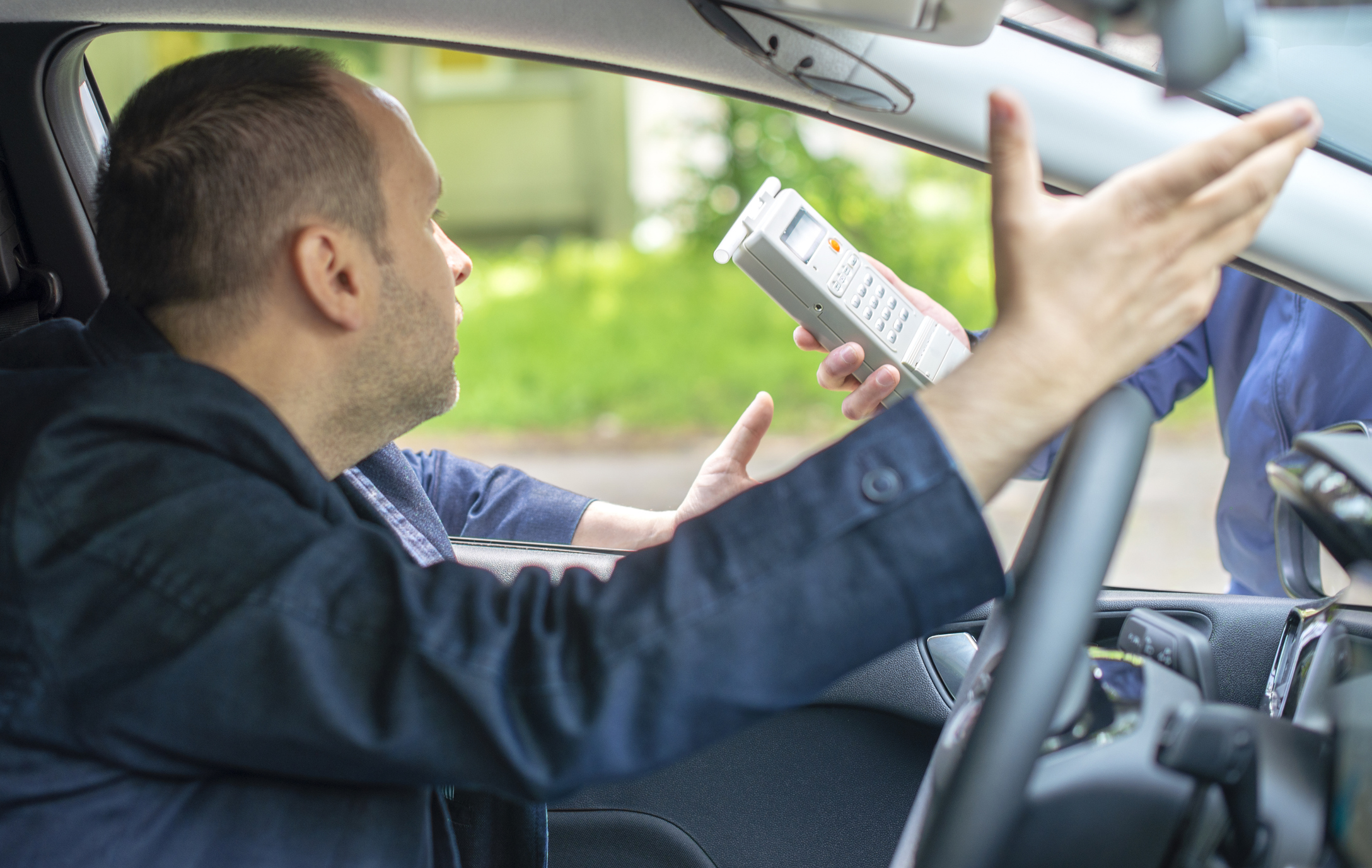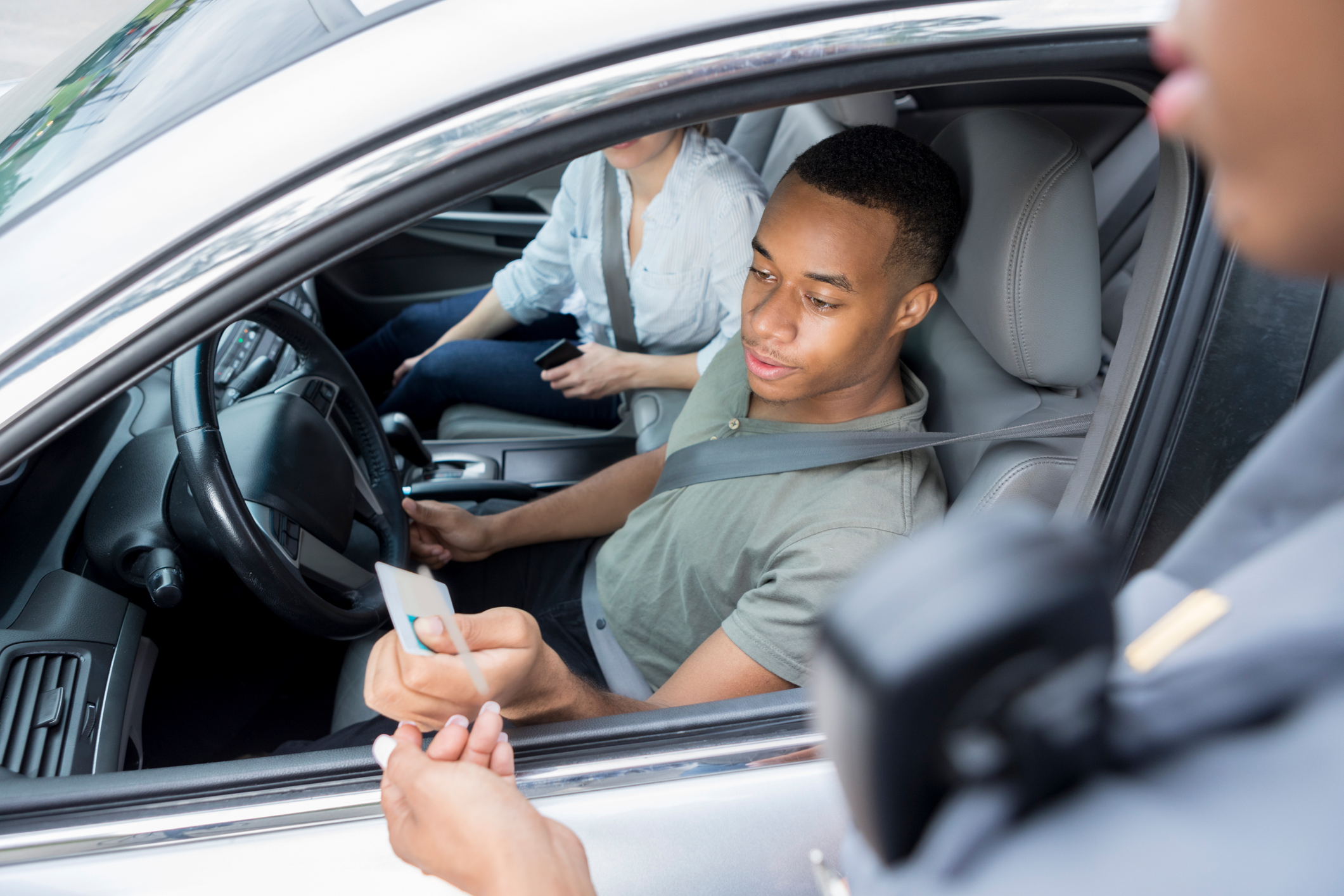Are You Required to Submit to Roadside Testing During a Delaware Traffic Stop?
Whether you’ve been pulled over on suspicion of a DUI before or not, you likely have some familiarity with field sobriety tests and breathalyzers through popular media or reality TV shows featuring law enforcement. But is it actually necessary to attempt to walk a straight line, follow an object with your eyes, or blow into a portable breathalyzer during a Delaware traffic stop where a DUI is suspected? Can you face legal consequences if you refuse an officer’s request to perform these actions?
Knowing your rights and relevant state laws can help you protect yourself from doing anything that could potentially harm your case or increase the penalties you face. A trusted Delaware DUI defense attorney can explain what you need to know about declining roadside intoxication tests and how it could impact your legal situation.
What Types of Tests May Be Administered After a DWI Traffic Stop?
Knowing the difference between field sobriety tests and chemical tests administered after an arrest is crucial. The circumstances and timing of the tests have a direct bearing on the potential consequences of refusal.
Field Sobriety Tests
Field sobriety tests (FSTs) are typically conducted at the roadside during the initial stop. They are a series of physical and cognitive exercises administered by law enforcement officers during a traffic stop to evaluate whether a driver is impaired by alcohol or drugs. These tests aim to assess the driver’s balance, coordination, ability to follow instructions, and multitasking skills, which are often compromised when intoxicated.
They may include physical tests like standing on one leg or walking and turning, cognitive tests like reciting the alphabet backwards, and preliminary breath tests using portable devices. While FSTs are used by law enforcement to help establish probable cause for a DUI arrest, their accuracy can be influenced by numerous external factors such as medical conditions, age, or environmental conditions like uneven ground or precipitation.
Post-Arrest Chemical Tests
Post-arrest chemical tests for DUI are scientific methods used by law enforcement to measure the amount of alcohol or drugs in a person’s system after they have been arrested on suspicion of driving under the influence. These tests typically involve analyzing a sample of the driver’s blood, breath, or urine to ascertain their blood alcohol concentration (BAC) or the presence of drugs. Unlike preliminary tests conducted during a traffic stop, post-arrest chemical tests are more accurate and are generally admissible as evidence in court. In Delaware, drivers are required to submit to these tests under the implied consent law.
What Happens if You Refuse an FST or Roadside Breathalyzer?
In Delaware, refusing an FST or portable breathalyzer does not carry the same long-term consequences as refusing a chemical test after arrest. You won’t face automatic license suspension or fines specifically for a roadside test refusal. However, even without FST or breathalyzer results, an officer can still arrest you for DUI if they have other evidence of impairment, such as slurred speech, bloodshot eyes, or the odor of alcohol. If arrested, you may then face the decision of whether to refuse the post-arrest chemical test, which does carry significant penalties under Delaware law.
What Exactly is the Implied Consent Law?
Delaware, like many other states, has an implied consent law. Therefore, by driving on Delaware roads, motorists automatically agree to submit to chemical testing if requested by law enforcement officers who have probable cause to believe the driver is under the influence of alcohol or drugs. However, the implied consent law only applies to post-arrest blood, breath, and urine tests.
What Are the Immediate Ramifications of Refusing a Test Covered Under the Implied Consent Law?
The administrative penalties for refusing a chemical test in Delaware are severe and increase with subsequent offenses. These penalties are separate from any criminal penalties that may result from a DUI conviction. They are imposed administratively by the Delaware Division of Motor Vehicles and do not require a court conviction. Even if you win your DUI case, you will likely still be subject to the following consequences for your chemical test refusal:
- First Offense: License revocation for at least one year
- Second Offense (within five years): License revocation for 18 months
- Third Offense (within five years): License revocation for 24 months
The revocation is effective immediately upon the refusal. An officer will immediately serve a notice of revocation and confiscate your Delaware driver’s license.
Is it in Your Best Interests to Refuse Roadside Testing After a Traffic Stop?
Roadside tests following a traffic stop are voluntary in Delaware, and you are not legally required to perform them. FSTs are often unreliable and subjective, designed in a way that even sober individuals may struggle to pass perfectly. Factors such as nervousness, physical conditions, disabilities, and medications can significantly impact performance, potentially leading an officer to conclude impairment incorrectly. Additionally, officers may provide unclear directions or interpret the tests improperly, further compromising their accuracy.
Refusing FSTs or a portable breathalyzer can limit the evidence available to prosecutors in building a case against you. By declining to participate, you avoid providing potentially incriminating evidence that could be used against you in court. However, it’s important to note that refusing roadside tests may still lead to an arrest if the officer has other reasons to suspect impairment, and you may be asked to undergo chemical tests at the police station.
What Should You Do if You’ve Been Stopped for a DUI?
Experiencing a DUI stop can be an extremely stressful experience. Many drivers are scared to refuse an officer’s requests, fearing that it could result in further legal difficulties.
However, it’s important to remember that you are within your rights to respectfully decline to submit to FSTs or portable breathalyzers during any traffic stop.
No direct penalties, such as license suspension or fines, are imposed for refusing roadside tests after a DUI stop. While this refusal may not prevent a DUI arrest, it may limit the evidence available to law enforcement and prosecutors. However, if you are arrested, it’s key to remember that declining chemical testing can result in substantial penalties, regardless of the outcome of your case.
Given the complexity of DUI laws and the serious consequences of a conviction, contacting an experienced attorney immediately after an arrest is crucial. A skilled DUI defense lawyer from Abram, Gulab & Hutchison can evaluate your case, identify potential defenses, and advocate to protect your rights and driving privileges throughout administrative and criminal proceedings. Contact our Georgetown law office today at 302-405-7010 to schedule a consultation and learn how we can serve you.
 Call Us Now
Call Us Now Email Us Now
Email Us Now



